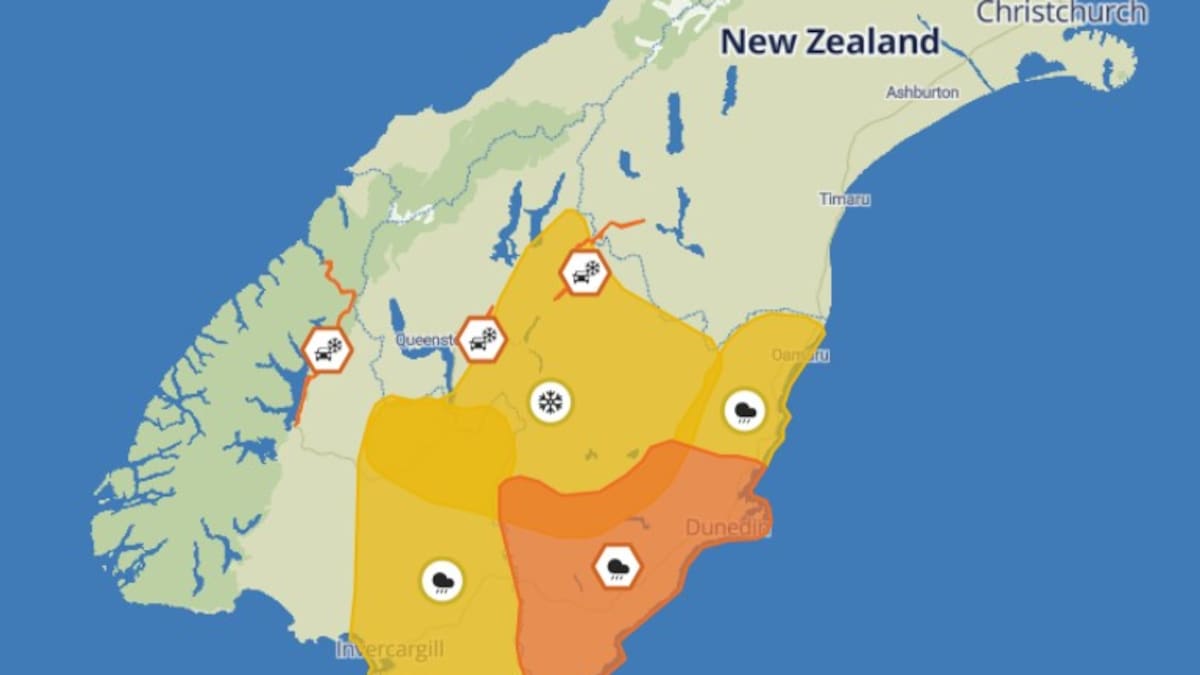The already once-deferred debate was expected to go into the next sitting block in a few weeks but the parties decided to vote on it tonight, bringing the months of uncertainty over what punishment the trio would face to an end.
Speaking directly after receiving the penalties, Te Pāti Māori acknowledged it was a “heavy day” but remained defiant in their refusal to apologise for the haka that brought Parliament to a standstill during the first reading of the controversial Treaty Principles Bill.
They vowed to “continue to be the voice that our people expect us to be”.
“We’ve heard the kōrero and now we’ve got to go home and show that we stood our ground,” Ngarewa-Packer said.
She expected the trio would remain busy over the next three weeks away from the House co-ordinating submissions opposing the Government’s Regulatory Standards Bill.
Waititi highlighted NZ First leader Peters’ criticism of tā moko, saying his description of their Māori face tattoos as scribbles was “ugly and sad”.
“What makes it even sadder is that it comes from somebody who has whakapapa,” he said of Peters.
“I feel sorry for him that his internalised racism and internalised colonisation can take him to that type of rhetoric.”
In a message to supporters, Waititi said: “We must continue to hold on to the taonga of our ancestors – whether it be haka, whether it be moko, whether it be our reo, and not to allow old colonialist views that we are anything or anybody less than anybody else.”
The debate over the punishment the trio should face was raucous from the start, with MPs frequently and loudly interjecting as their counterparts spoke.
Labour MP Dr Duncan Webb said the powerful Privileges Committee, which had recommended the punishments, was usually bipartisan but it was “unfortunate” this wasn’t the case with its recommendations.
The near-constant tit-for-tat heckling was almost brought to a stop when former Speaker of the House and Labour MP Adrian Rurawhe spoke with authority on the issue and urged National and Te Pāti Māori to find a solution. Rurawhe even stopped his speech to condemn heckling from his own side of the House.
Parties may think they are winning by speaking to the people that support them, but there are no winners – “none, especially not this House”, Rurawhe said.
The Privileges Committee was a committee of Parliament and not of the Government, he said.
“It is demonstrably clear to me that it is the Government that is punishing the members today, not the Parliament.”
If it were Parliament, there would be bipartisan support, he suggested.
It was a “dangerous precedent” not to have that bipartisan support from the Privileges Committee.
Governments of the future will feel free to use the Privileges Committee penalties to punish their opponents if this goes forward, he said.
He implored Te Pāti Māori to think about how apologising may go a long way and to think about their long-term strategy.
Former co-leader Tariana Turia had never missed a vote and spoken on every bill, he said. The party had an opportunity to have a “huge legacy” into the future.
Act MP Nicole McKee said the issue was not about the haka, but about process and “grandstanding at the expense of this House”.
It was about being “ignorant and arrogant”, McKee said, adding that one did not have to agree with every law but Parliament had a process to disagree.
As McKee spoke about unifying the country, Waititi said it was her party dividing it.
Tākuta Ferris, a Te Pāti Māori MP who was not facing sanction, said the debate was not about the haka, a suspension or an interruption of a vote, but the fact “this House continues to ignore” Te Tiriti o Waitangi and Māori sovereignty.
Ferris told the House he was the uri (descendant) of Ngāti Kahungunu and the son of Ngāti Kuia and was fully authorised to speak on their behalf. He declared to the House: “We enact the right to retortion and hereby suspend our ongoing agreement and consent to Te Tiriti o Waitangi for a period of 21 days.”
Act MP Karen Chhour said she hated “the anger” coming out of the debate. When she was elected to Parliament, she felt a burden of what it meant to represent New Zealanders in the House.
“I fought my whole life to be respected … I have spent three years in this place having my identity ripped apart.”
But she said she did not use “standover tactics” to get what she wanted.






